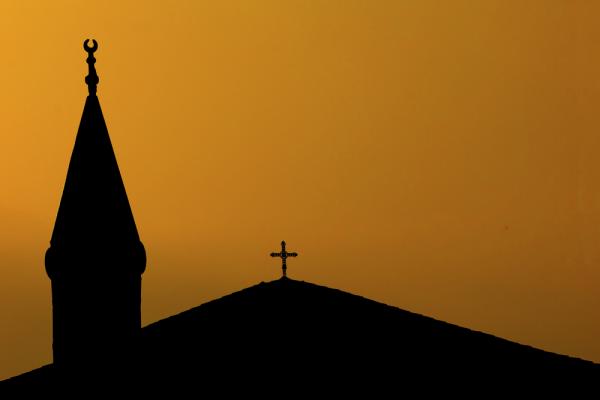Mar 28, 2018
This Sunday, Catholic churches across Sydney, Australia will bear the usual signs of Easter: incense, fresh flowers, a lit Paschal candle — and a few rows of churchgoers wearing kufi and headscarves. Every year for the past 13 years, groups of Muslims have attended Easter Mass in the Sydney Archdiocese and Broken Bay Diocese.
Read the Full Article

Already a subscriber? Login
